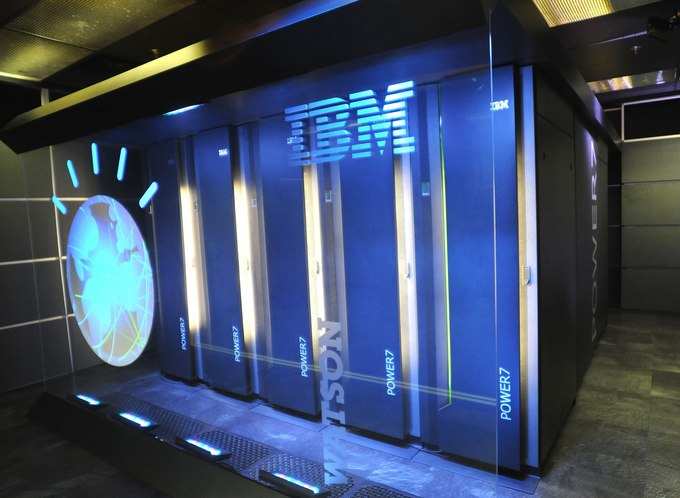
IBM honoured 11 new fellows for outstanding work across different campaigns including Cognitive, Cloud, Security and Healthcare and amongst them four Indians featured in it. One such fellow is
The scientific and clinical literature in oncology is growing very rapidly, as well as the large number of drug treatments and clinical trials that need to be considered, while the context defined by the genomic variations is also an extremely large space.
Ajay Royyuru discusses this and his India specific plans in a chat with Business Insider.
How are you using Watson for Genomics to translate genomic variations in cancer to treatment options?
Cancer is a disease of the genome, in the sense that the genome of a cell accumulates genomic variations that alter the cell's replication machinery, resulting in rapid or uncontrolled replication. So, by identifying the specific genomic mutations that are driving the growth of cancer, clinicians can potentially tailor the treatment to the patient with much more precision. This approach to precision medicine is increasingly the practice in advanced cancer treatments - but it is very time consuming and it is not widely available. Clinical oncologists and molecular tumour boards are increasingly seeking assistance in identifying the mutations in the genome and analyzing the medical literature for treatment options.
Watson for Genomics performs the task of contextualizing the vast body of knowledge and data in cancer treatment options to the specific genomic variations seen in individual patient's tumor.
Watson for Genomics is currently being used at 16 leading cancer centres including Washington University in St. Louis, University of Washington, University of Southern California, Yale, Duke and the New York Genome Center, to name a few. Clinicians and researchers at these institutions are using Watson to help them identify and personalize treatment options for their patients in a matter of minutes.
2. What are the challenges you are facing?
With the pace of scientific progress, there continues to be rapid advances in how cancer is studied, diagnosed, characterized, and treated. Which means we have to continue to enhance and train the solution. Another aspect we are working on currently is to scale the use, gather outcomes, and generate improvements based on that data driven learning.
3. Why did you choose this topic?
There is a couple of compelling industry trends that makes this topic feasible and timely. The steadily declining cost of DNA sequencing is now beginning to make genomic medicine more practical and affordable for broad clinical use. Yet the data challenges still make it difficult to scale up access to precision medicine approaches to treatment. That's where the advances in cognitive computing technologies shine. Personally, it is very motivating to work on scalable healthcare solutions that can help improve clinical care and patient outcome.
4. Any India specific work you are doing currently?
(Image credits: youtube/HHMI)